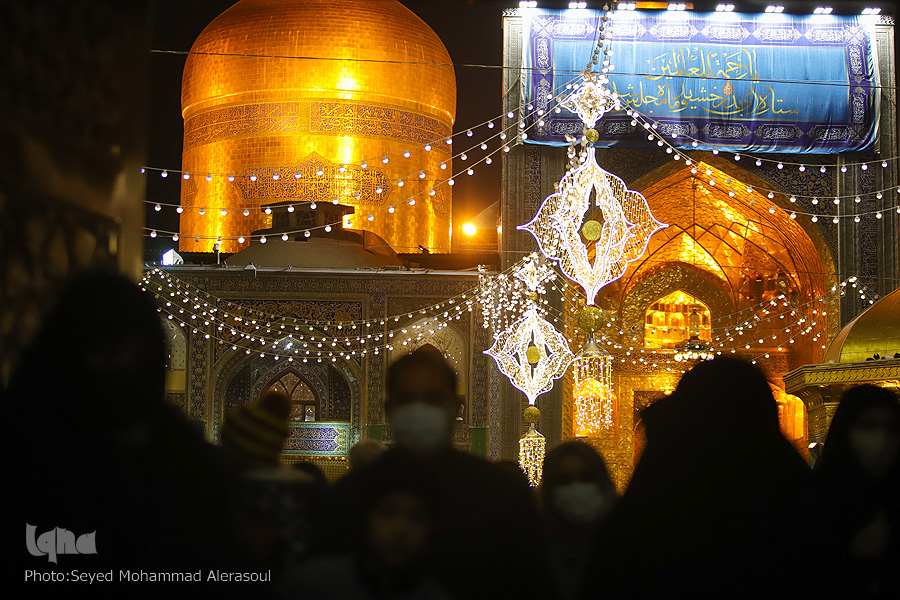According to Rahyafte(the missionaries and converts website)This Hadith has been narrated by Hussein ibn Ali Waez Kashefi (a 15th century interpreter of the Quran who was born in Neyshabour, Iran).
According to Allameh Majlesi (1628-1699), some prominent scholars say that contemplation is better than worship because it is an action of the heart (reasoning) and the heart is the most important part of the body and its function is also more important than other parts. When God said, “Say Salah (prayer) for my remembrance”, he made Salah for remembrance in heart (mind) and the objective is more valuable than the means.
Contemplation is more valuable when it leads to better doing acts of worship, like saying Salah without paying attention to anything but God. It would be an act of heart and therefore better than an act of the body. Because Salah is a means for remembrance in the heart, it would be correct but not accepted if it is performed without due attention and contemplation. It can be said that contemplation itself is better and has more benefits than worshipping without contemplation.
In view of Islam not every contemplation is an act of worship. The contemplation is worship that helps one move forward on the path of perfection.
In the Holy Quran, contemplation and thinking are mentioned many times. According to the Holy Book, contemplating different things has different outcomes:
Contemplating the creation leads to faith that is based on awareness: “Those who remember Allah when standing, sitting, and on their sides, and contemplate upon the creation of the heavens and the earth (saying:) ‘Lord, You have not created these in falsehood. Exaltations to You! Guard us against the punishment of the Fire’.” (Surah Al Imran, verse 191)
Contemplating history and what has happened to other people serves as a lesson: “Had it been Our will We would have raised with it, but he clung to this earthly life and succumbed to his fancies. His likeness was that of a dog, whether you chase it away or let it alone it pants. Such is the example of a nation who belie Our signs. Recount to them these narratives, in order that they reflect.” (Surah Al-A’raf, verse 176)
Contemplating the transience of the world and what it has leads to piety: “Have you not seen those who were told to stop fighting, to say their prayers, and pay the religious tax? When they were ordered to fight, some of them feared other men as much as or more than they feared God and so they said, “Lord, why have you ordered us to fight? If only you would give us a little time.” (Muhammad), tell them, “The pleasures of the worldly life are trivial. The life hereafter is best for the pious ones. You will not be treated the slightest bit unjustly.” (Surah An-Nisa, verse 77)
Contemplating divine blessing, bears the fruit of thankfulness: “And when your Lord proclaimed: ‘If you give thanks, I will increase you, but, if you are unthankful My punishment is indeed stern.’” (Surah Ibrahim, verse 7)
And contemplating divine help, brings hope and confidence: “Before you We sent other Messengers to their people; and they came with clear signs. We took revenge upon the sinners, and it was an incumbent duty upon Us to give victory to the believers.” (Surah Ar-Rum, verse 47)
iqna




















